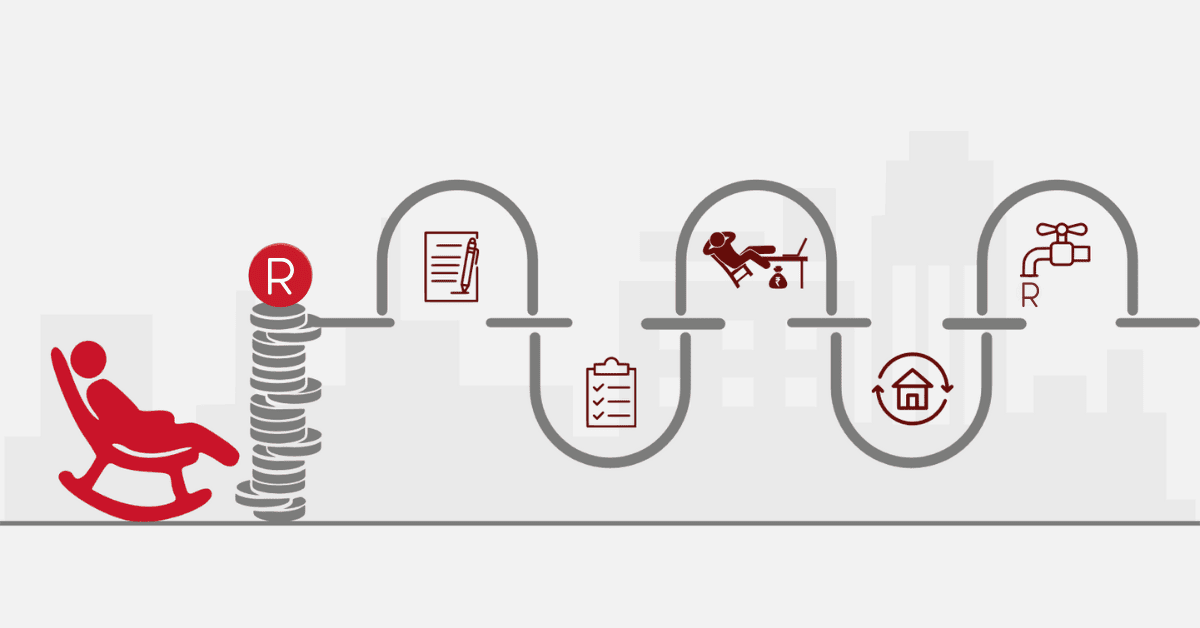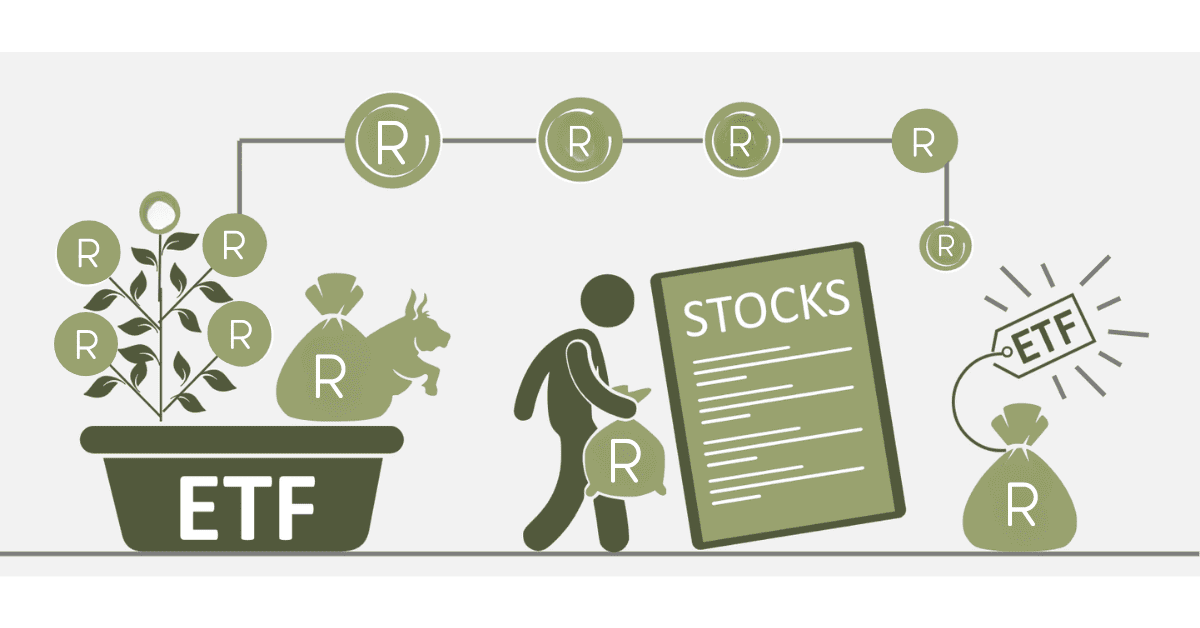The mainstays of many South African investors are often some offshore investments to secure their financial futures against growing volatility in their local markets. Offshore investing opens up global markets and provides hedging against currency or political risk. Understanding the processes, limits, and taxation involved proves to be the key to success for both a seasoned and a beginning investor. The following tutorial goes in-depth on how to invest offshore
How Can I Invest Offshore in South Africa?
South Africans can invest offshore in a couple of ways: directly buying stocks, through exchange-traded funds, or unit trusts. The general application process usually starts with the tax clearance certificate from the South African Revenue Service for the remittance of money under the foreign investment allowance. The allowance is capped at R10 million per person each calendar year, with an additional but tiny discretionary allowance of R1 million.
The other alternative to this is rand-denominated offshore investments, which allow for exposure to foreign assets without the need to transfer money abroad. This one is simpler, although it does require that the returns be converted back to rands. Such transaction platforms like Investec and other local banks have made transactions easy for South Africans to diversify their holdings.
How Does South Africa Tax Offshore Investments?
Offshore investments remain resident and fall under the worldwide tax web of South Africa. Income, dividends, or capital gains derived from offshore shares are declarable in your annual tax return and taxed at the applicable marginal rates. Credits against the payment of the same income in other countries, concerning certain double taxation agreements, might also decrease double taxation.
Estate duty also provides for the offshore assets that form part of your worldwide estate at death. This attracts a rate of 20% for estates below R30 million and 25% for amounts above this threshold. It is thus highly advisable to consult a tax advisor to ensure compliance and efficient structuring of your offshore investments.
Are Offshore Accounts Legal in South Africa?
It is within the confines of the law for South Africans to have offshore accounts and investments as long as these fall within the regulations. The Reserve Bank looks carefully, together with SARS, at such transactions to ensure no contravention of the exchange control regulations occurs. Therefore, investors in such cases have to use their discretionary or foreign investment allowances and get the relevant clearances before shifting any funds offshore.
Non-disclosure of foreign assets may attract punitive measures in the form of a penalty or legal consequence. Transparency is paramount; hence, all foreign assets and income amounts will be declared as part of annual submissions.
Can I Open an Offshore Trading Account?
- ADVERTISEMENT -
Setting up an offshore trade account in the right direction is not that big of an inconvenience. Most international and local financial institutions have platforms to trade in offshore shares. FNB, Standard Bank, and Investec maintain integrated solutions whereby one can quickly transfer funds into their accounts and access foreign markets.
First, select a broker or bank through which you can avail of this service of trading offshore. Provide any identification documents or proof of tax clearance whenever required. Also, the cost of accounts can vary depending on different providers.
What Is the Limit for Offshore Investment?
The South African Reserve Bank has strict limits to control capital outflow concerning offshore investments. Through the annual discretionary allowance, R1 million is available without tax clearance. Above this amount, up to a maximum of R10 million per year, you would be required to apply for a tax clearance certificate from SARS.
Regarding investors who may want to externalize more than R10 million, more approvals will be required, which will take some time. Being within the threshold limits will avoid possible penalties and ensure that full compliance is adhered to. Such allowances can be used for various investments. These include purchasing shares and property or funding foreign bank accounts.
Is Offshore Investing Worth It?
The ventures allow exposure to larger markets and hedging against the rand’s depreciation. The next benefit is spreading political and economic risks. The South African markets represent only a tiny share of the investment universe; therefore, proper diversification must include offshore exposure.
But it is not without its challenges. Currency fluctuations could whittle down returns, and the unexplainable maze of navigating foreign markets tends to disparage investors similarly. Offshore investments are usually more costly, too. Despite the drawbacks, a properly diversified offshore portfolio could stand the test of time for stability in growth.
How Much Money Can You Take Offshore?
Under the discretionary allowance, residents can externalize up to R1 million per year without prior approval. Tax clearance is needed for higher amounts, like up to R10 million annually. Further permissions beyond this limit will be required, which will entail stricter scrutiny and reporting requirements.
Money sent offshore under the allowances has never to be repatriated, and these funds can stay abroad without limitation. The funds may not be donated or transferred to other South African residents without permission from the Reserve Bank.
Final Thoughts
Offshore investing remains the irreplaceable strategy to be implied by South Africans to diversify and protect wealth. It involves appropriately comprehending the regulatory framework, implications of taxes, and alternatives available for making investment-related decisions. If planned aptly with the proper guidance, offshore investments can unlock opportunities to create worldwide exposure and ensure long-term financial security. Consult a financial and tax advisor to ensure your specific needs are accounted for.






![Internal Rate of Return [IRR] – Calculation](https://www.searche.co.za/wp-content/uploads/internal-rate-of-return.webp)







